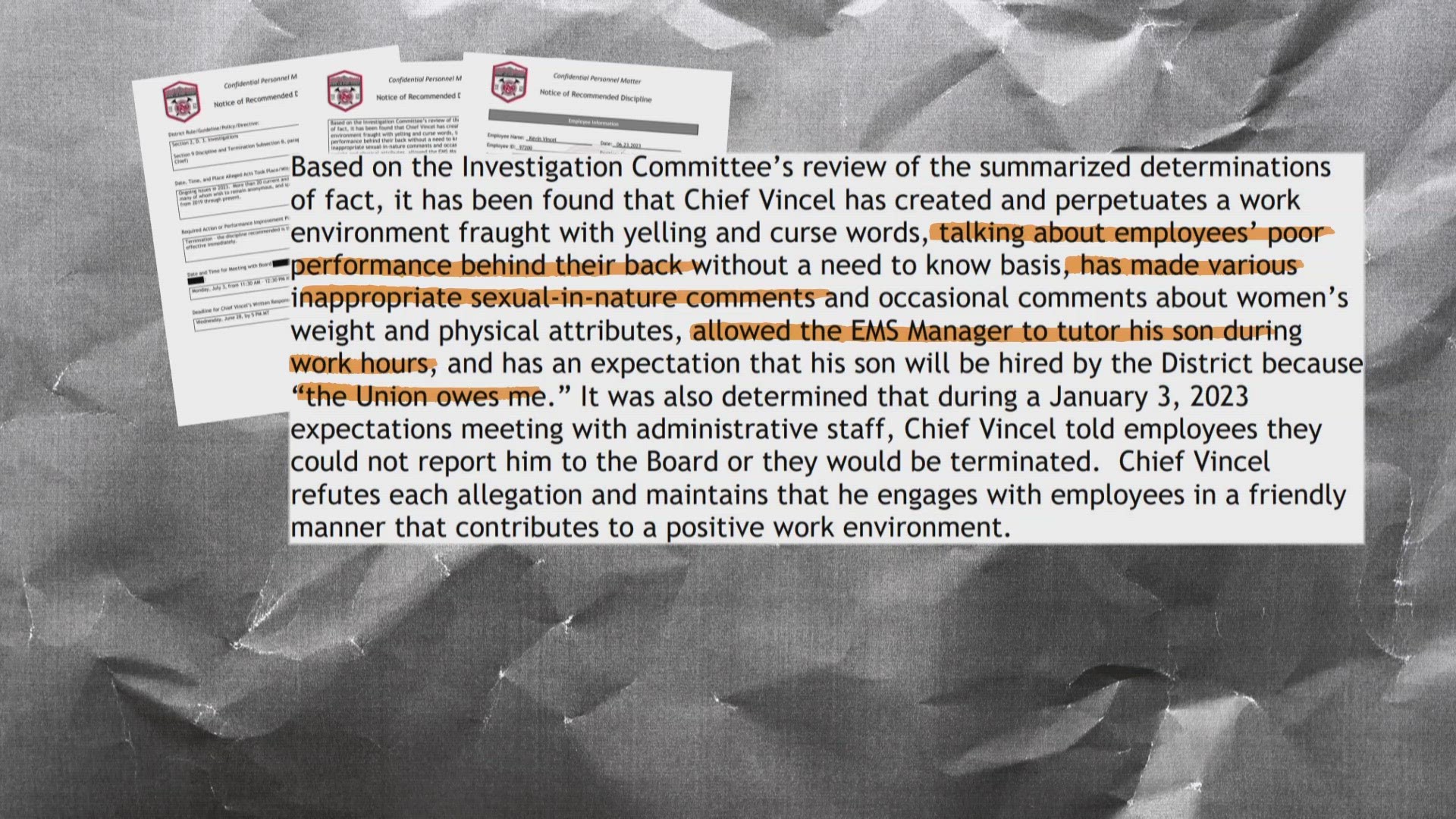"We have this cosmic clockwork of the stars, the sun and the moon," said Tom O'Brian, chief of the Time and Frequency Division of the National Institute of Standards and Technology in Boulder. "Leap years are a relatively modern invention."
They make up for the approximately six hours a year that our calendar lags behind. Without leap years, the seasons would slowly shift from month to month.
"Winter starts on Dec. 21 (the Winter Solstice)," O'Brian explained. "If we did not have the leap year, that means after four years, winter would start on Dec. 22. That might not seem like such a big deal. But after about 70 years … sort of a human lifetime, it would start somewhere around January 7th or so. Then it starts to be noticeable. And if you go out about 700 years, winter would start in late June."
Without leap years, we would never have experienced all the great moments in history that have happened on Feb. 29. Admittedly, this is poor logic and this reporter really had a tough time finding important historical occurrences on leap year days.
On Feb. 29, 1848, Switzerland declared its neutrality. And on Feb. 29, 1952, the first electronic crosswalk signal was installed.
Anyone questioning the propriety of leap years need only ask what the world would be like with the Swiss, crosswalk safety and with the addition of summertime ski trips.
What a horrible world it would be.

